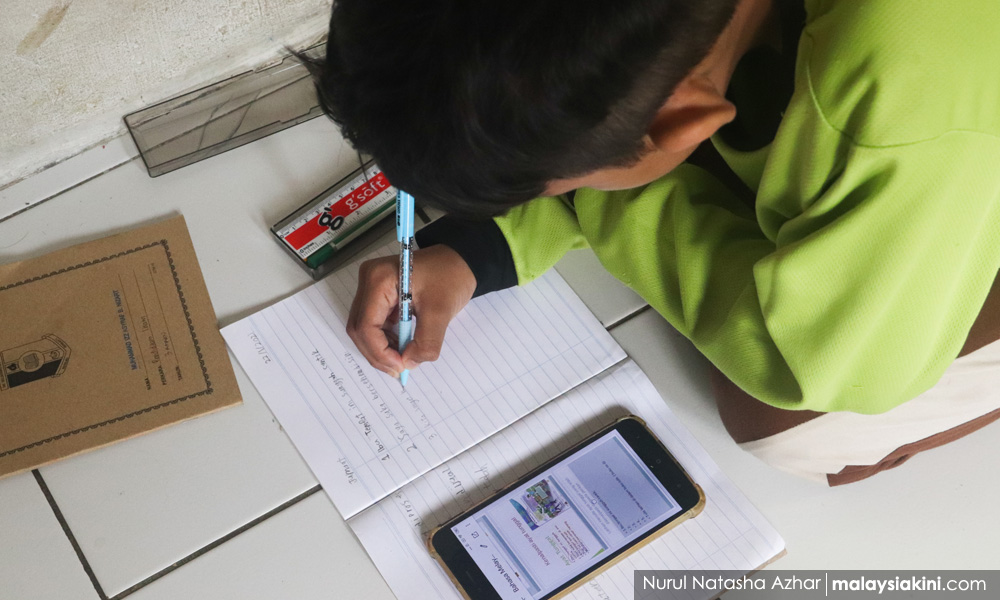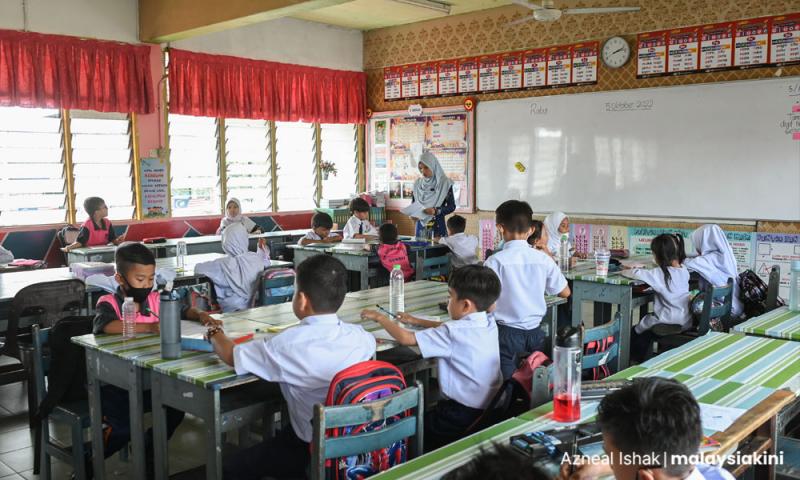LETTER | AI the new tool in the realm of education
LETTERING | Educational tools have evolved from blackboards and chalk to whiteboards and drywipe pens. In recent years, the advancement of technology has paved the way for the advent of artificial intelligence (AI).
AI has found its primary applications in various fields, including robotics, smartphones, vehicles, and smart home technologies. It has now made its entry into the realm of education.
The integration of AI in education will grow to streamline the learning process, support teachers, and minimise time spent on information retrieval.
Technology has profoundly impacted how students learn and educators teach in higher learning institutions. It has provided new opportunities and enriched educational experiences - from online learning platforms to interactive tools.
One of the most significant influences of technology on education is the availability of information. Thanks to the internet, students now have instant access to a vast array of knowledge.
Students can easily conduct research, acquire knowledge, and deepen their understanding of any subject through quick access to online libraries, databases, and search engines that provide a wide range of resources.

Technology has also facilitated the dissemination of educational materials beyond the confines of traditional classrooms. Consequently, education has become more accessible to individuals who may not have had the opportunity before, thanks to online courses and virtual classrooms.
With the removal of geographical barriers and the provision of flexible learning options, students can now enrol in university courses from their homes.
As advancements in AI continue to unfold, they hold the potential to revolutionise various aspects of higher education, including learning, teaching, research, and administrative processes.
In terms of learning, AI can analyse vast amounts of data about individual students, such as their preferences, strengths, and weaknesses - enabling personalised learning experiences for each individual.
Valuable assistant
The ability to tailor educational content and delivery methods to suit different individuals can enhance student engagement, improve learning outcomes, and provide targeted support throughout a student's academic journey.
For educators, AI plays a role in transforming their role as instructors through intelligent tutoring systems. This frees up time from simple tasks such as providing real-time feedback and answering student questions, allowing them to focus on higher-order tasks such as critical thinking, discussions, and mentoring.
In other words, technology serves as a valuable assistant to educators, enabling more efficient, effective, and up-to-date teaching practices.
However, it is important to acknowledge the challenges associated with technology in education.
The digital divide remains a significant issue, with unequal access to technology and internet connectivity across different regions and socioeconomic backgrounds.
In addition to the advantages technology and AI provide, they can also threaten future job employment and labour. AI may take over some industries in the future and this could result in the loss of jobs.
Similar to the introduction of automation in factories, new skills will be demanded while certain labour skills may be phased out from production.
FAIZ MASNAN and MOHD SHAHIDAN SHAARI are senior lecturers at the Faculty of Business and Communication, Universiti Malaysia Perlis.
The views expressed here are those of the author/contributor and do not necessarily represent the views of Malaysiakini.
RM12.50 / month
- Unlimited access to award-winning journalism
- Comment and share your opinions on all our articles
- Gift interesting stories to your friends
- Tax deductable
